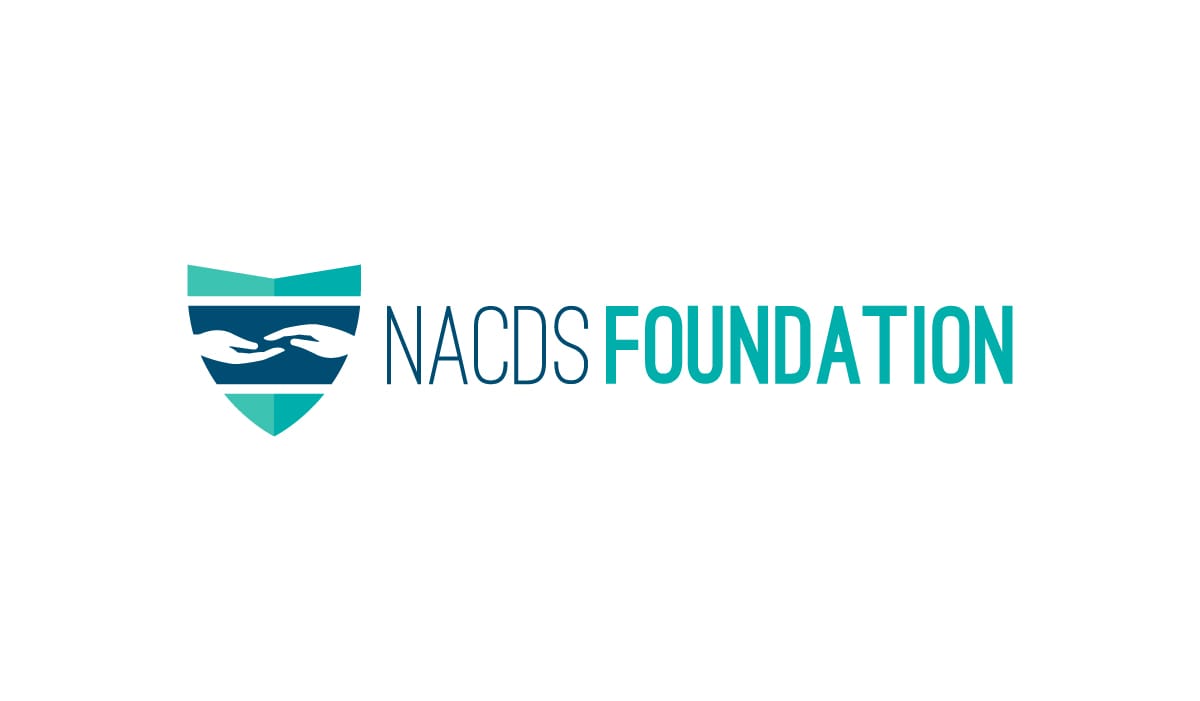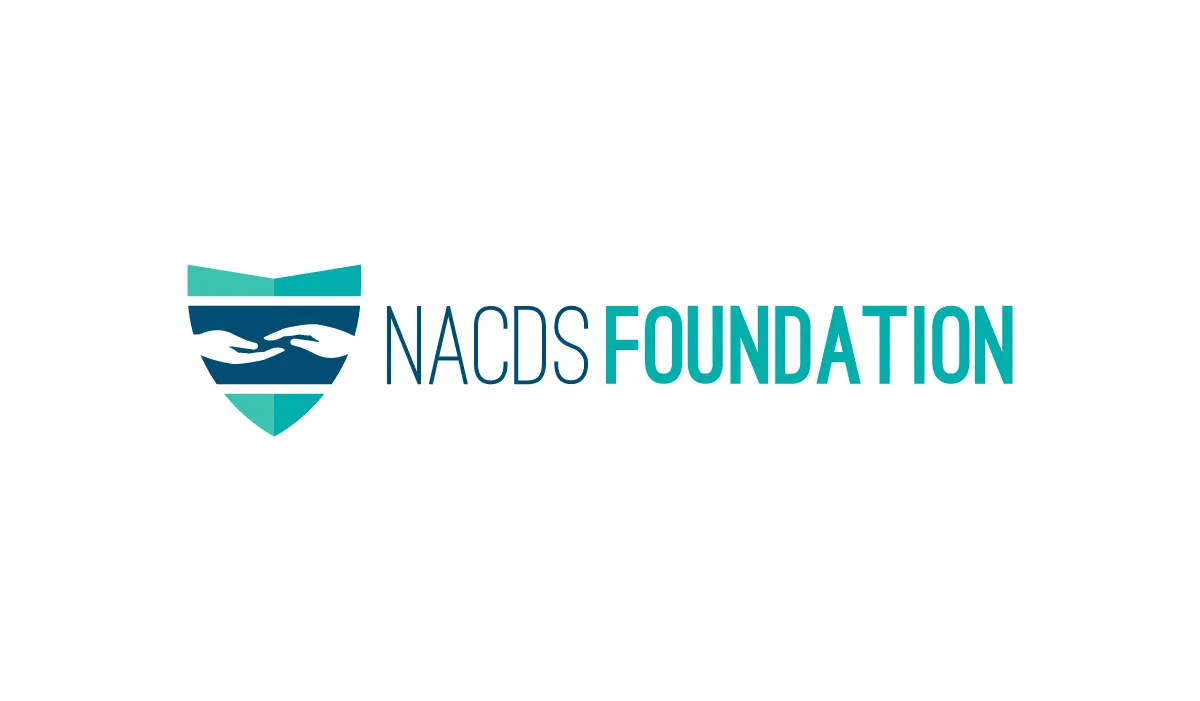
ARLINGTON, Va. – On March 26, a study conducted by the University of Pittsburgh School of Pharmacy Program Evaluation and Research Unit (PERU) and funded by the National Association of Chain Drug Stores (NACDS) Foundation was published in the American Journal of Drug and Alcohol Abuse (AJDAA).
The study describes Project Lifeline, a 15-month community partnership and research program initiated by the NACDS Foundation to address substance use disorder (SUD).
The multi-pronged public health initiative provides educational and technical support to pharmacies and pharmacy teams implementing screening, brief intervention, and referral to treatment (SBIRT) services for SUD and opioid use disorder (OUD) among at-risk populations — and offering harm reduction support and wraparound care, such as administering vaccinations and providing referrals for HIV testing.
Specifically, the Project Lifeline research project aimed to reduce patient risk for opioid misuse and overdose through naloxone dispensing and coordination of care with community partners involved in the treatment continuum, including the local drug and alcohol program. It explored the feasibility of community pharmacy-based SBIRT and “warm handoffs” for SUD treatment across eight community pharmacies in Blair County, Pennsylvania.
The study, which beneficially impacted more than 4,600 patients, found that “leveraging pharmacies for implementing SBIRT and the provision of harm reduction services such as naloxone represents a unique opportunity for building a continuum and cascade of care that reaches more patients in their moments of highest need.”
“Thanks to the outstanding work and research by the University of Pittsburgh School of Pharmacy Program Evaluation and Research Unit, thousands of Pennsylvanians in Blair County were offered access to critical screenings and life-saving measures,” said NACDS Foundation President Sara Roszak. “Since this initial pilot, we have expanded Project Lifeline – with our partners – to continue positively impacting patient outcomes and to make a real difference in the lives of communities.”
The NACDS Foundation prioritizes forward-thinking, community-focused projects that address gaps in healthcare access, especially in vulnerable and underserved populations. Additionally, the NACDS Foundation seeks to explore new care delivery models that have the potential to transform the most pressing public health issues through dissemination of research findings.









